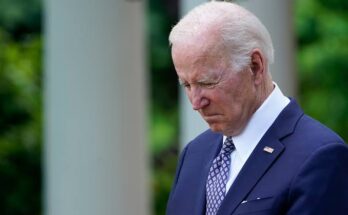Council comprising diplomats from 28 NATO allies to meet amid Turkish security operations against Kurdish PKK and ISIL.
Jens Stoltenberg, NATO secretary-general, has called an emergency meeting on Tuesday to discuss security at the request of Turkey after last week’s suicide bombing there and ongoing Turkish security operations on two fronts.
NATO said in a statement on Sunday that the North Atlantic Council, which includes the ambassadors of all 28 NATO allies, would meet following a request by Turkey to hold consultations under Article 4 of NATO’s founding Washington Treaty.
On the ground, protests erupted on Sunday in a sensitive district of Istanbul after raids against suspected fighters earlier in the week, leaving one police officer dead.
Late on Saturday, a car bomb went off as the soldiers were travelling on a road in the Lice district of the Kurdish-dominated Diyarbakir province, killing two soldiers and wounding four, the statement from
the local governor’s office said. Turkey announced on Friday a double military offensive, one against the Islamic State of Iraq and the Levant (ISIL) group across the
border in Syria, and the other targeting Kurdish PKK fighters in northern Iraq.
“Turkey requested the meeting in view of the seriousness of the situation after the heinous terrorist attacks in recent days, and also to inform allies of the measures it is taking,” NATO said.
“NATO allies follow developments very closely and stand in solidarity with Turkey.”
In Article 4, members are encouraged to bring subjects to the table for discussion for political consultation.
Since the alliance’s creation in 1949, NATO has been invoked several times, such as by Turkey in 2003 and in 2012, and Poland in 2014. Patriot batteries
Germany, the Netherlands and the US each sent two Patriot anti-missile batteries and soldiers to operate them at the start of 2013 after Turkey asked for NATO help in increasing border security due to the civil war in Syria.
The article reads: “The parties will consult together whenever, in the opinion of any of them, the territorial integrity, political independence or security of any of the parties is threatened.”
It is less potent than Article 5, which recognises an attack against one or more members as an attack against all.



